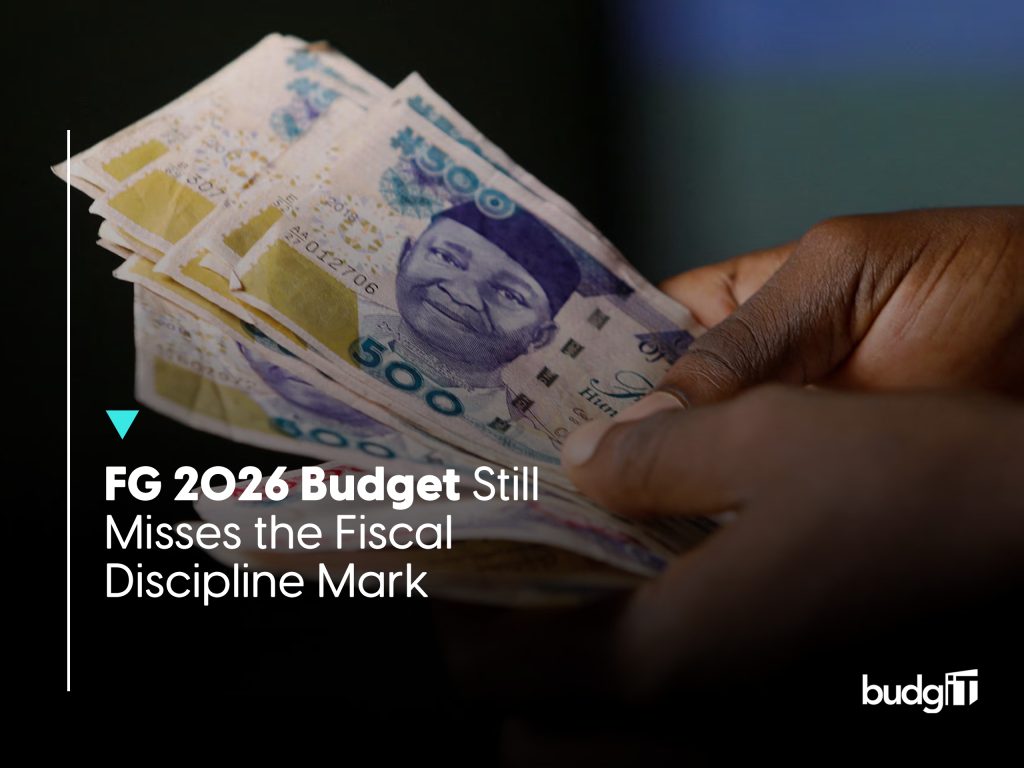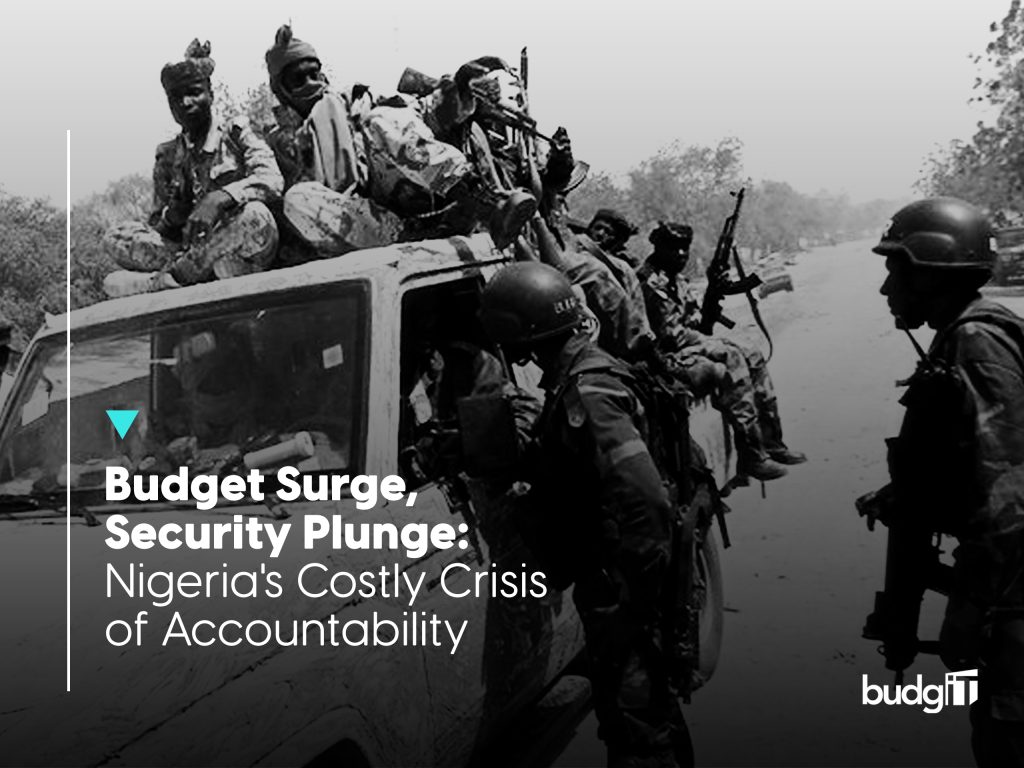In Nigeria, allocation does not always mean disbursements when it comes to budgeting. When the pandemic hit, many Nigerians panicked, not just because COVID-19 was reportedly deadly but also because many did not trust our healthcare system not to cave under the pandemic’s demands, especially at the subnational level. To cushion the effects of this virus, state governments initiated actions to shore up human, infrastructure and institutional capacities by reviewing their respective approved 2020 budgets to accommodate allocations for COVID-19 response. Many of these states also received interventions from the federal government, international bodies, and private institutions.
We began tracking some of these funds as early as March 2020. From our experience, fund allocations usually mean little without commensurate disbursements. Ensuring that these allocations and interventions achieve the much-desired result was our number one priority; thus, our first action plan was to create a platform that houses data on all grants, loans, donations and interventions, among others, received at both the national and subnational levels to provide citizens with the necessary data they need to hold their various governments accountable.
Five months ago, with support from Innovation for Change, we began tracking some of these COVID-19 fund disbursements across four states; Delta, Kaduna, Enugu and Sokoto, to ensure proper utilization. Not only that, but we also reviewed vaccine distribution processes in these states and the possible challenges that might threaten the seamless and equitable distribution of these vaccines. Here’s a summary of what we discovered across these states.
Confronted with the fiscal realities resulting from the COVID-19 outbreak, the Delta State Government reviewed its 2020 budget downwards by 28.62% from an initially approved budget of N395.46 billion to a revised sum of N282.33 billion.
Of this amount, N50.13 billion was earmarked for COVID-19 related spending. However, only N4.92 billion was spent, leaving 90.19% (N45.13 billion) untouched. It is quite worrisome that the state ONLY spent 2.64% of the allocated funds on social protection. Also, the state did not disburse anything from the funds allocated to COVID-19 related spending on Education, Recreation, Culture and Tourism, Environmental Protection, Economic Affairs, and Defence.
The story is almost the same in Sokoto state. The impacts of the COVID-19 pandemic prompted the state government to review its 2020 Approved Budget downwards by 23.1%, from N202.44 billion to N164.39 billion. This includes a recurrent expenditure of 39.3% and a capital expenditure of 60.7%.
The COVID-19 induced economic recession resulted in an 18.8% and 11.2% reduction in the state’s recurrent and capital expenditures, respectively. Allocations to the social sector were reviewed downwards by 19.2%. Likewise, allocation to the regional development component of the budget was reduced by 23.7%, while the administrative and general services budgetary part was reduced by 33.8%.
For Kaduna state, a quick review shows that Kaduna has the third-highest COVID-19 disease burden in Nigeria, with the state recording 9,199 positive cases and 66 fatalities between 2020 and now. This number is lesser than recorded cases of COVID-19 related deaths reported by states with lesser infection rates. This difference highlights the possible impact of a higher level of healthcare delivery in Kaduna on COVID-19 survivability. (as of August 17 2021)
The COVID-19 induced economic crisis necessitated a 16% reduction in Kaduna state’s approved 2020 Budget from N259.25bn to N223.60bn. 61.5% (N146,11bn) was allocated for capital expenditure, while 38.5% (N77.48bn) was earmarked for recurrent expenditure.
Speaking of the logistical challenges associated with vaccine distributions in Primary Healthcare Centres across the four states, we discovered the following:
- The healthcare company lost critical data because some of the data obtained during the administration of the first jab could not be retrieved.
- The skilled nurses at Umuagu Primary Health Care Centre, Asaba were overburdened. The same set of nurses were the ones collecting data and giving the vaccines simultaneously.
- A smartphone and data subscription are necessary for effective data collection; however, neither was provided. Officials were told to borrow phones to fulfil official obligations.
- Allowances for health personnel were not distributed uniformly across the state. Some health workers were given a paltry sum of N9,000, while others were given more.
- There were inconsistencies in the time gap between the first and second dosage administered by the government. Initially, the duration was 12 weeks; however, the government later altered it to 8 weeks and 6 weeks.
- Medical equipment, including gloves, cotton wool and face masks, were not provided.
- Payment of stipends to the health workers was delayed. Payments were made just as the second jab administration was about to begin.
- Generally, Enugu state had a low turnout for vaccine administration, while Delta, Sokoto and Kaduna states recorded moderate turnouts.



